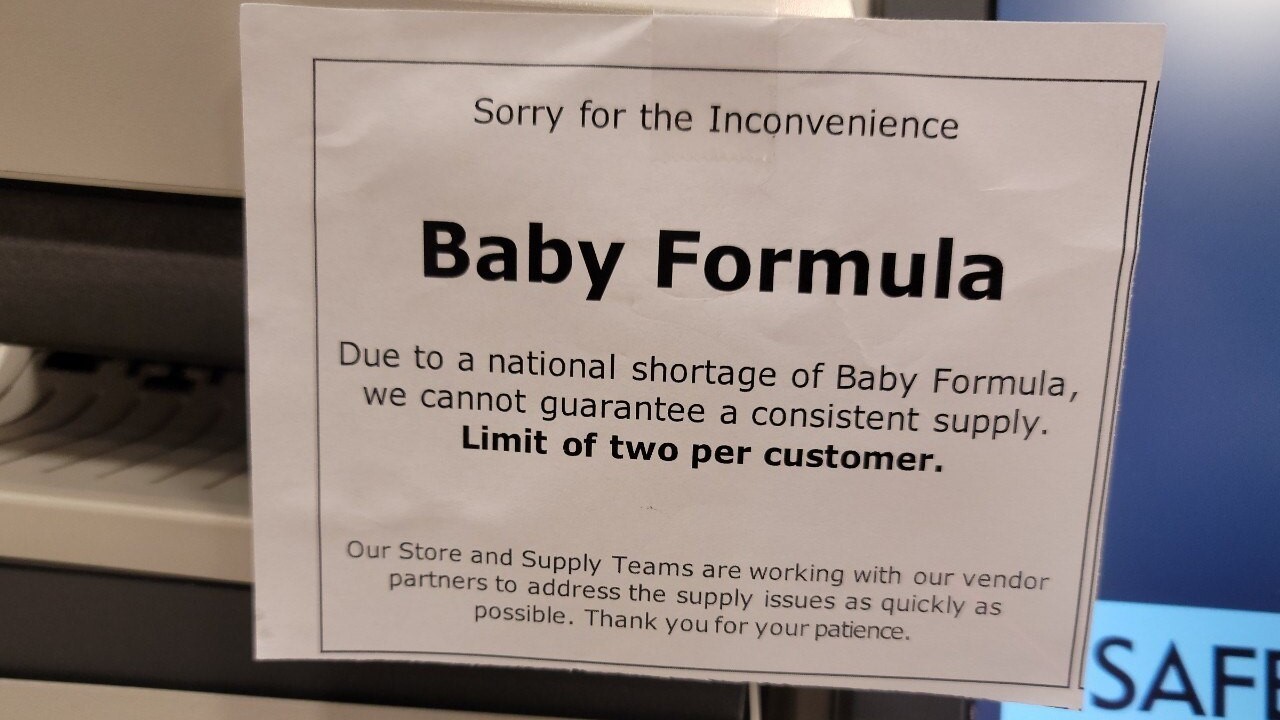The Biden administration has made the fight against climate change a central part of its $2 trillion infrastructure plan. This legislation, if it ever sees the light of day, would shovel more than $100 billion of subsidies toward boosting the market for electric vehicles, as well as updating the country’s electric grid to make it allegedly more resilient to climate disasters.
All of these “investments” sound well and good on paper, but if you genuinely care about the environment, don’t hold your breath for any real progress. For one thing, Biden’s plan is mostly a giant handout to corporations that are already heavily investing in infrastructure. It’s also a gift to unions, most of which will do nothing to encourage the type of activities the president claims to support, and they’ll make the cost of producing infrastructure more expensive, so we’ll probably see less of it.
Consider the way the plan is currently funded with taxes on income. As Chris Edwards of the Cato Institute notes, that’s pretty much the exact opposite of the way a green plan should be funded. He writes, “Biden’s plan relies on income taxes to pay for infrastructure subsidies, and that approach does not moderate consumption or reduce resource use.” What the president should do instead, Edwards suggests, is allow states to “fund infrastructure … through user charges that restrain consumer demand.”
Those higher-income taxes on top of the many costly labor and environmental mandates in the bill would also raise production costs in the United States. That would shift production of many products to other countries that have more competitive tax rates and lower production costs — but also, oftentimes, questionable environmental standards. This was nicely highlighted in a recent Kite & Key Media video that explains how our already burdensome labor, health and climate regulations make it impossible to open a mine or to operate one profitably in the United States. This matters because the greener our lives, the more we need minerals like graphite, lithium and manganese.
The good news is that regulatory reform of, among other things, the National Environmental Protection Act of 1970 has bipartisan support. Scholars on both sides of the aisle agree that these reviews delay and drive up the costs of infrastructure projects while rarely delivering on the promise of environmental protection. Less expensive infrastructure projects mean more investment at home and more resources to innovate toward a greener future.
The Biden administration’s commitment to the protectionist tariffs of the Trump administration is also counterproductive for the environment. The reason free trade is good for the environment is simple: Countries will only produce things at what economists call a “comparative advantage.” This is just a fancy way to say that, with free trade, each good is produced with as few resources as possible. That’s a win for the environment. It’s time to make trade as free as possible by removing all the Trump tariffs and more — and signing as many free-trade agreements as are politically feasible.
While the administration is at it, it should end the Merchant Marine Act of 1920. Also known as the Jones Act, this cronyism is a protectionist provision that restricts the waterborne transport of cargo within the United States to vessels that are U.S.-flagged, U.S.-crewed, U.S.-owned and U.S.-built. This act’s main effect is to increase the cost of waterborne transportation within the United States, which in turn encourages the use of alternative forms of transportation such as trucks and rail — modes of freight transportation that are worse for the environment than shipping on water. The Jones Act also encourages the use of older and, hence, less fuel-efficient vessels.
The administration could also signal that it’s serious about the environment by ending all federal subsidies to oil and gas, both at home and abroad. That includes the U.S. Export-Import Bank’s financing of oil and gas companies abroad to buy goods from American companies, which represents 25% of the bank’s portfolio.
But there’s an even larger point: Ultimately, we know that the best green policy is the prosperity made possible only by economic growth. The wealthier we are, the more we can afford to attend to the environment. Unfortunately, the Biden administration’s preferred path of more taxes and more politically motivated spending and regulations will not just make us financially poorer; it also comes at a high cost for the environment.
PHOTO: School Solar PV System. Photo by mjmonty. Attribution 2.0 Generic (CC BY 2.0).
Veronique de Rugy is the George Gibbs Chair in Political Economy and senior research fellow at the Mercatus Center at George Mason University. Her primary research interests include the U.S. economy, the federal budget, cronyism, taxation, tax competition and financial privacy. Her popular weekly columns address economic issues ranging from lessons on creating sustainable economic growth to the implications of government tax and fiscal policies. She has testified numerous times in front of Congress on the effects of fiscal stimulus, debt, deficits and regulation on the economy.
De Rugy blogs about economics at National Review's The Corner. Her charts, articles and commentary have been featured in a wide range of media outlets, including the "Reality Check" segment on Bloomberg Television's "Street Smart," The New York Times' Room for Debate, The Washington Post, The Wall Street Journal, CNN International, "Stossel," "20/20," C-SPAN's "Washington Journal" and Fox News Channel. She was also named to the Politico 50, the influential media outlet’s “guide to the thinkers, doers and visionaries transforming American politics” in 2015.
Previously, de Rugy has been a resident fellow at the American Enterprise Institute, a policy analyst at the Cato Institute and a research fellow at the Atlas Economic Research Foundation. Before moving to the United States, she oversaw academic programs in France for the Institute for Humane Studies Europe.
She received her master's degree in economics from Paris Dauphine University and her doctorate in economics from Pantheon-Sorbonne University.
Read De Rugy's workhere.






